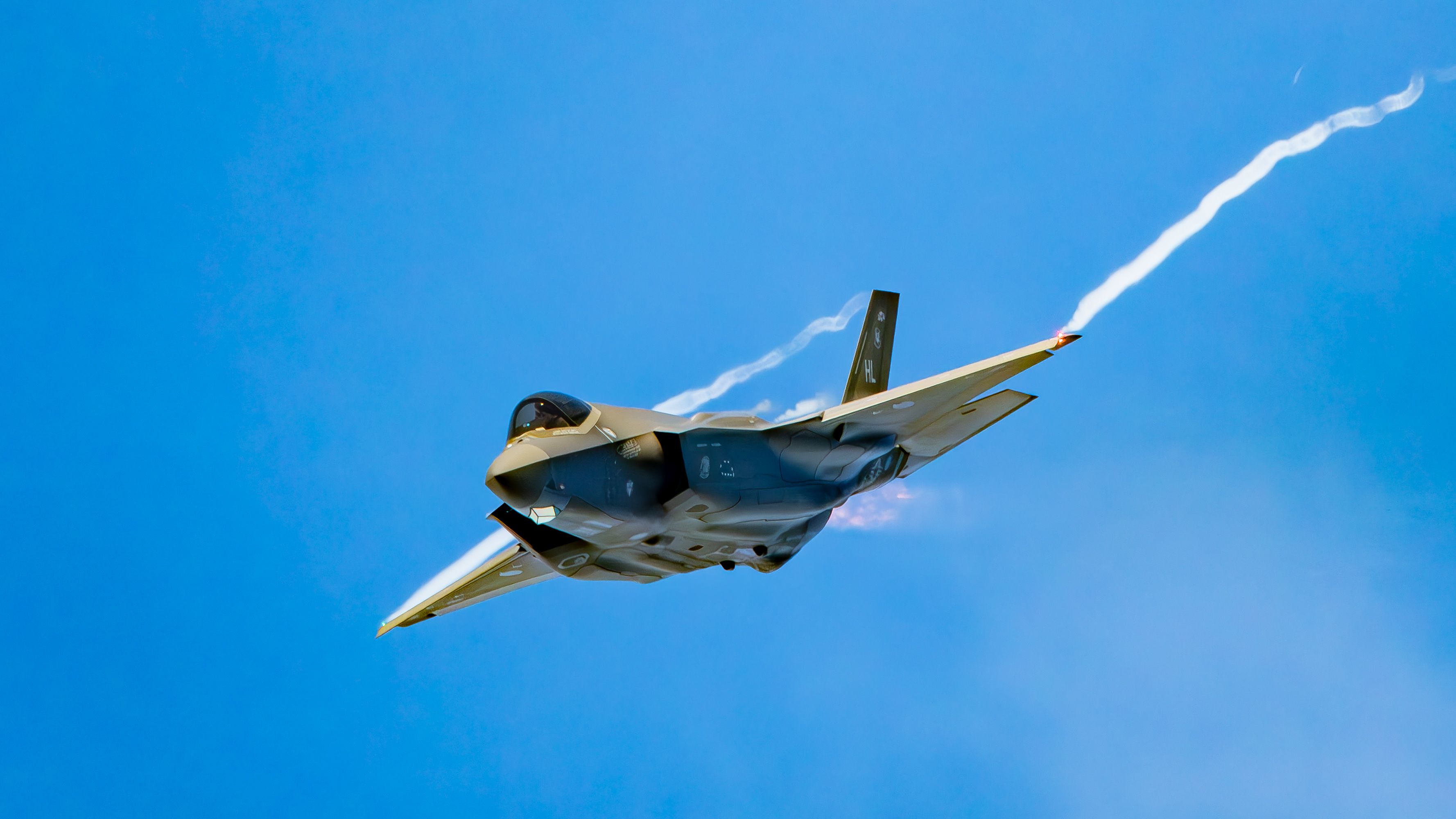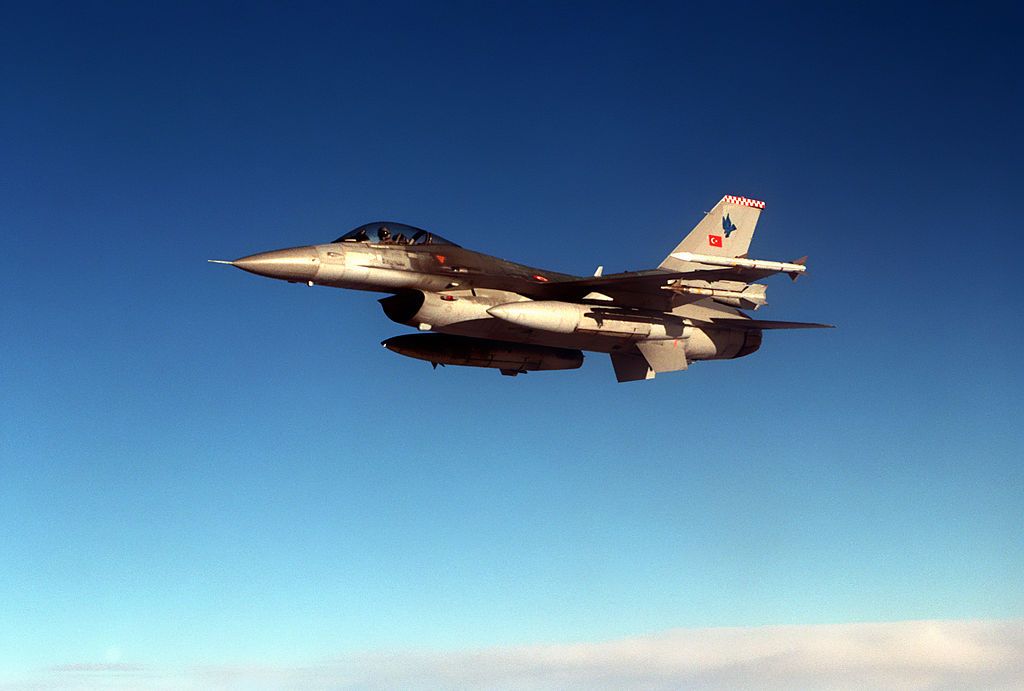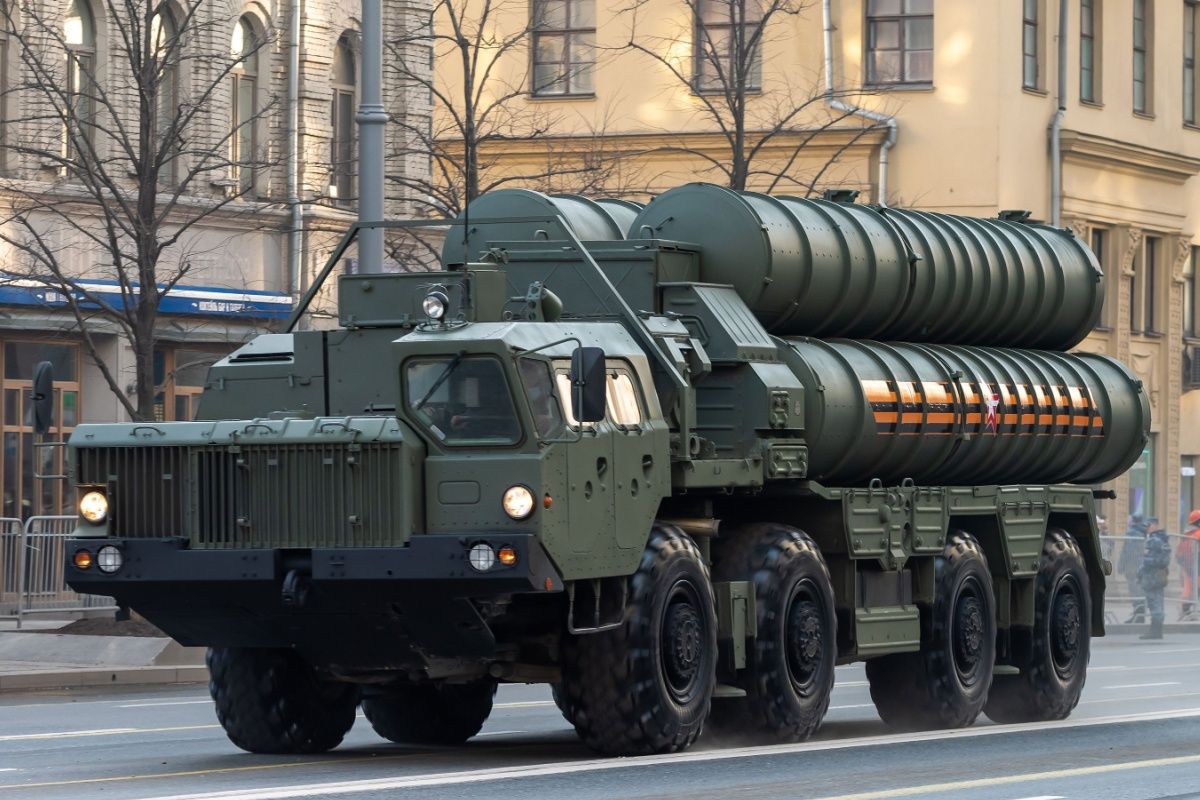Summary
- Turkey may consider ditching the S-400 SAMs for F-35s to gain air superiority.
- Turkey aims to keep the S-400s but not activate them, suggesting that they be stored.
- Turkey has not used the S-400s acquired and is reportedly working on a new domestic defense system.
According to reports, Turkey may be willing to give up its Russian-made S-400 SAM systems to be readmitted back to the US-led F-35 fifth-generation fighter program. As a NATO member and host to one of the largest US Air Force bases in the Middle Eastern region, Turkey is a major US ally. However, the two nations are not without their (sometimes major) differences and arguments. Turkey was a major participant in the F-35 fighter program, but the United States kicked it out, and it is now one of several countries that the US refuses to sell F-35s.
Turkey may ditch Russia’s S-400 SAMs for F-35s
According to the Turkish news outlet Cumhuriyet, Turkey is seeking to resurrect the F-35 purchase. The publication states that Turkey has suggested that they would keep the S-400 but not activate them. The Turkish offer is “Let’s put them in boxes, and you [United States] check” (the S-400s remain stored in warehouses in Turkey). It is also possible Turkey will sell them off to another country like Pakistan.
Cumhuriyet notes that Turkey is eager to gain air superiority over arch-rival (and fellow NATO ally) Greece. Greece is purchasing 40 F-35s, meaning it will soon have much more capable combat aircraft than Turkey.
Parting with the S-400 would be a major turnaround and loss of face for Turkey. As recently as February, Bloomberg wrote that Turkey was still signaling its preference to keep the S-400s rather than give them up and return to the F-35 program. It is unclear how willing the US will be to re-admit Turkey to the program – the US was even refusing to sell F-16s to Turkey until recently. The US even bulks at selling F-35s to countries (like the UAE) installing China’s Huawei 5G network (Turkey is also installing Huawei 5G networks).
The UAE has suspended talks with the US about purchasing F-35s due to “Technical requirements, sovereign operational restrictions, and cost/benefit analysis leading to the re-assessment.” Forbes wrote “One Emirati official even used the word “onerous” to describe the American requirements for safeguarding Emirati F-35s against potential Chinese espionage.” Even with Israel (one of the US’s closest allies), the US forbids Israeli nationals with foreign passports from flying the jet.
Photo: Joe Kunzler | Simple Flying
While the war in Ukraine has demonstrated the immense importance of air defense, Russia’s weaponry’s performance has often been questionable at best. Videos of Russian S-300/S-400 SAMs effortlessly destroyed by old American ATACMS missiles may have caused Turkey cognitive dissonance together with Greece’s announcement it will purchase F-35s.
Background of Turkey’s S-400 purchase
In the 2010s, deteriorating security in the Middle East led Turkey to feel it needed a robust air defense system (something it lacked). In 2012, Turkey appealed to NATO for air defense. The alliance responded by temporarily stationing US and German Patriot SAMs in Turkey.
NATO stated in May 2015 “In response to Turkey’s request, NATO Foreign Ministers decided on 4 December 2012 that NATO would augment Turkey’s air defence capabilities in order to defend the population and territory of Turkey against threats posed by missiles from across its border with Syria. Allies have committed five PATRIOT batteries to augment Turkey’s air defences.”
But Turkey didn’t want to rely on others for air defense—it wanted to protect its own skies. The United States offered Turkey the opportunity to purchase its Patriot system. However, arguments broke out between the countries. In 2019, War on the Rocks stated, “Watching the current trajectory of the U.S.-Turkish relationship is like witnessing two locomotives hurtling towards one another head-on. It’s a terrifying sight.”
In the end, Turkey purchased the Russian S-400 system even though the US warned it would not tolerate Turkey operating the S-400 alongside its prized F-35.
Turkey’s prize S-400s never taken out of the box
The tale of Turkey’s S-400 acquisition has been bizarre and may be one of the country’s greatest wastes of military money. Turkey had planned to purchase 100 F-35s and had paid a large deposit for the jets. The US kicked Turkey out of the F-35 program, and Turkish F-35 jets remain in America.
Photo: Free Wind 2014 l Shutterstock
But it seems Turkey got the worst of both worlds. Not only did it not get the F-35s, but it also didn’t use the S-400s (perhaps because it wanted to leave the door open with the US). Forbes writes, “Turkey tested S-400 radars in late 2019 and fired a test missile the following year. Aside from that, it never integrated it into its broader air defenses nor put it into operation as a standalone system.”
The Eurasian Times wrote in August, “In a recent development, Turkey announced plans for a cutting-edge, domestically developed multi-layered air defense system dubbed the ‘Steel Dome.’ In a surprising twist, the $2.5 billion Russian S-400 missile system… has been excluded from this new ambitious initiative. The advanced air defense system has not been activated or put into operation since it was received from the Russian state exporter Rosoboronexport nearly five years ago.”
Meanwhile, the US has agreed to sell Turkey 40 new F-16 Block 70 fighters and dozens of upgrade kits for older planes. Turkey is also working to develop its own domestic F-35 challenger, the Kaan.



